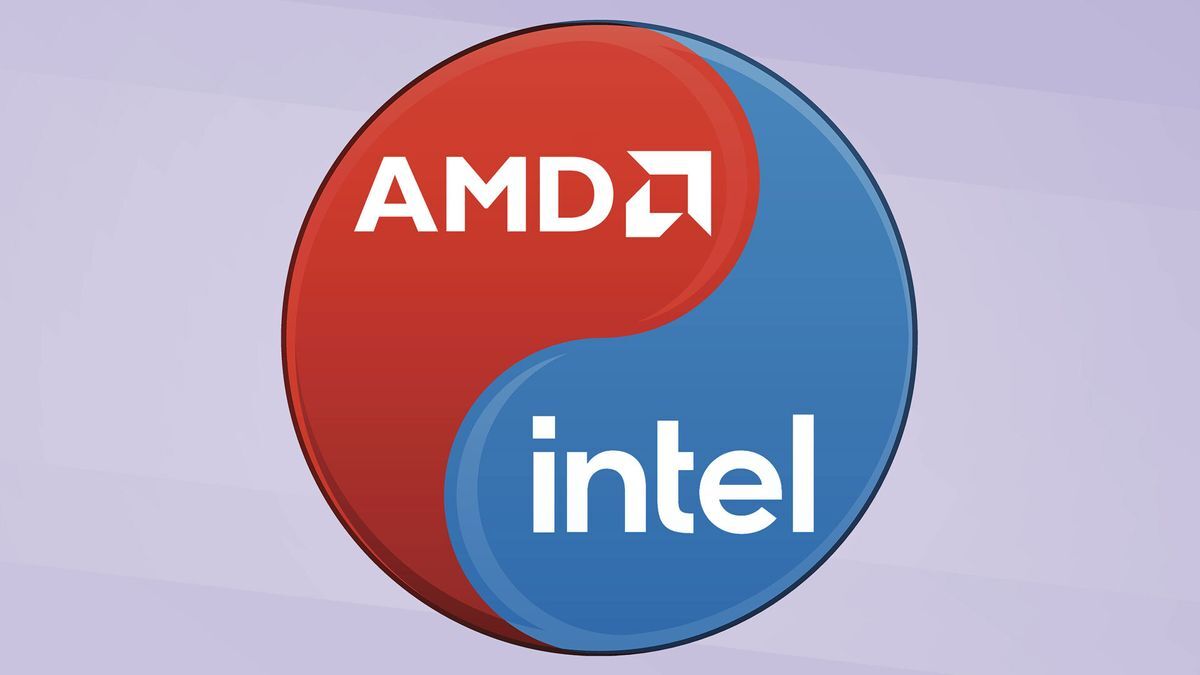Go RISC-V!
enemies are joining forces against a common enemy: ARM
ARM has a high probability of blowing a tire.
They have a complex relationship with their licensees which may try to cause self-sabotage trying to pull more of the money home. See the various licensing fights.
If you don’t want or need x86, what does ARM have to offer-- in the long term-- over RISC-V, which is much less coupled to a single firm’s caprice? We can assume the gap in performance will continue to shrink ovrr time.
People still use x86?
When people say x86 as a platform it includes x64 too
There are more than 64 clouds!! It’s a storm. They really should say things are in the storm, not 64 clouds.
What you on about?
“When we step back and look at it, we see that it is a de facto open ecosystem. Open ecosystems benefit from having consortiums with stakeholders, all with a voice in driving the ecosystem forward”
Lol if the x86 ISA is an open ecosystem, CocaCola is an open source beverage.
Trying to read between the lines though, is Norrod implying that they are considering moving toward a more open x86?
The impression I’m getting is that they’re thinking about sacrificing various legacy features (32bit being the most obvs one) to bring performance per Watt closer to the competition. And then put in its place a more standardized successor? RIS86? They will likely aim to steer clear of formal (published) standards because they want their trade secrets. However, they will need to simultaneously ensure not to violate antitrust rules.
Might be easier for them to just forfeit trade secrets and embrace a different model altogether.I sincerely hope that if they come up with a 128bit instruction set they call it “x80” to maintain backwards compatibility with previous set names and be deliberately confusing to everyone.





